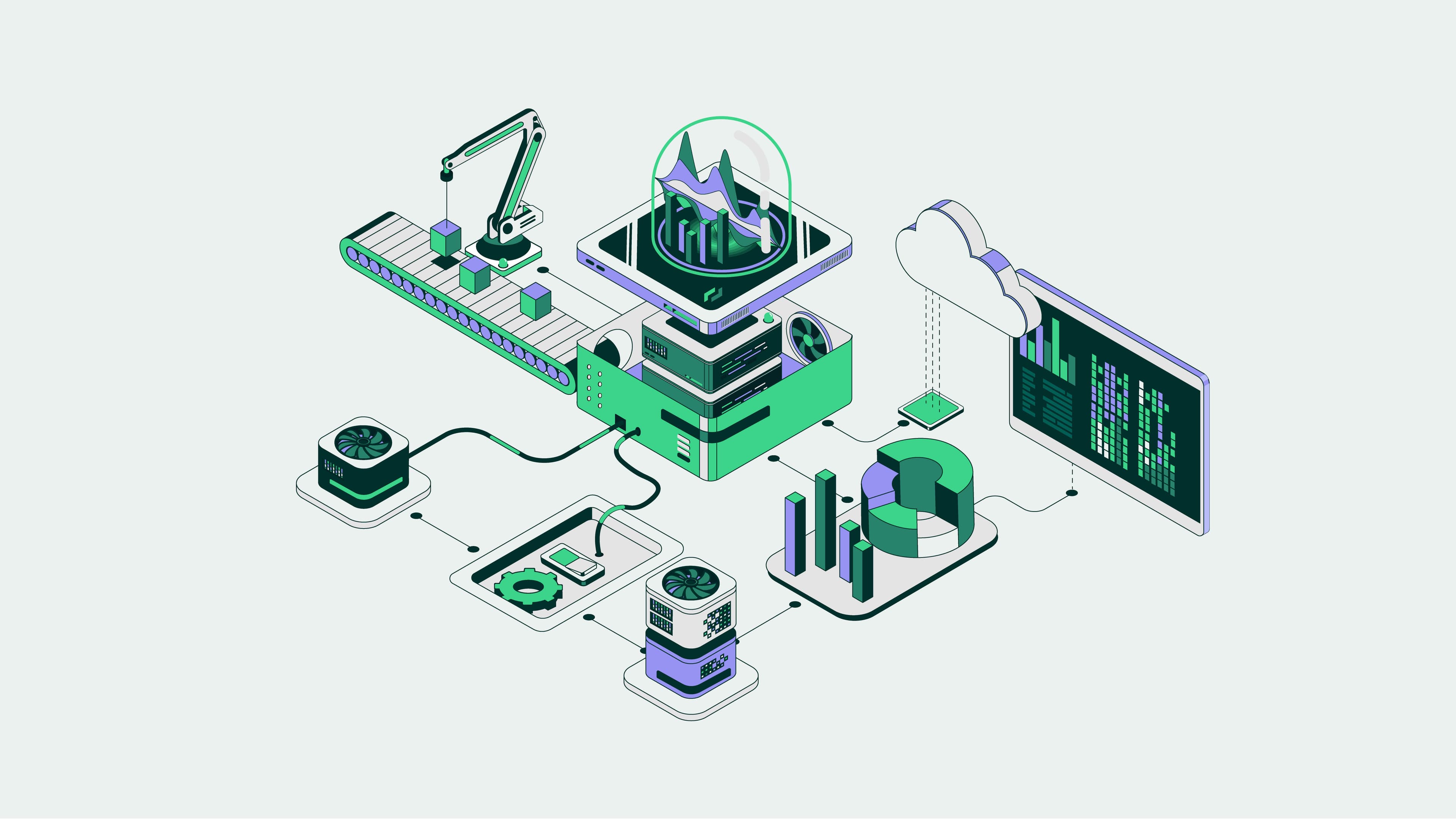David Buck
VP Sales, Litmus
Crucial for capturing business value from data for driving real-time decisions. Success requires more than unlocking data; it needs effective centralized management and scalability across all plants in the organization.
In the post-pandemic era, digital transformation and Industrial DataOps are key. Empowering frontline workers is now vital for success and resilience.

In the rapidly evolving industrial landscape, the convergence of digital transformation and Industrial DataOps has emerged as a critical strategy for organizations aiming to thrive in the post-pandemic era. The unforeseen challenges brought about by the global pandemic have not only tested the resilience of the global workforce but have also accelerated the need for profound technological adaptation and operational flexibility. Amidst these shifting sands, frontline workers stand at the crux of an organization’s success, making their engagement and empowerment more crucial than ever.
The industrial sector has been particularly hard-hit by a cocktail of workforce challenges since the pandemic. From stringent health protocols to the pivot towards remote operations, frontline workers have been thrust into the midst of significant change. Labor shortages and the rapid pace of automation demand not just any workers, but those who are skilled and adaptable. Furthermore, the pandemic has intensified the competition for such talent across industries, putting additional pressure on companies to not only attract but also retain their workforce.
In response to these challenges, forward-looking leaders are now viewing data not just as a byproduct of operations but as a vital asset in building a robust workforce. The adoption of Industrial DataOps strategies offers a beacon of hope. Through sophisticated data analytics, companies can now better predict workforce trends, understand what drives employee satisfaction, and tailor their recruitment and retention strategies accordingly. Leadership’s role in harnessing this data cannot be understated; it is through their vision that data becomes a tool for empowerment rather than mere surveillance, fostering a culture where every worker feels valued and instrumental to the organization’s success.
According to a Gartner Research, 54% of manufacturers plan to increase tech spend in 2024. After all, the conversation about digital transformation often revolves around technology itself. However, we often forget to talk about the real driving force behind successful adaptation − the human capital, particularly the frontline workers. LNS Research articulates this in an insightful blogpost as learnings from a Digital Transformation Strategy session where ~40 manufacturing executives had gathered.
The active participation and insights from frontline workers are indispensable for the effective implementation and optimization of digital solutions. Recognizing this, smart organizations are involving these vital employees in the heart of their digital transformation efforts, from conception to execution. By doing so, digital tools become not only user-friendly but also genuinely useful to those on the frontline, thereby facilitating a smoother transition and garnering widespread buy-in.
Frontline workers possess an unfiltered view of the operational realities, making their input invaluable to shaping effective digital strategies. When they are provided with digital tools and trained in Industrial DataOps methodology, their day-to-day experiences become rich sources of insights. These insights, in turn, guide the refinement of digital tools and strategies, ensuring they are grounded in practicality and designed to meet the actual needs of those at the coalface of operations. Investing in the digital fluency of frontline workers not only empowers them but also ensures that digital transformation efforts are sustainable and deeply embedded in an organization’s operational ethos.
As industries navigate the complexities of the post-pandemic world, the role of frontline workers in digital transformation strategies, powered by Industrial DataOps, cannot be overstated. Their engagement and empowerment are fundamental to the sustainable success of these initiatives. Leaders who recognize and act on this will foster a culture of innovation, resilience, and adaptability. By placing frontline workers at the heart of digital transformation efforts, industrial organizations do not merely adapt to change; they drive it, ensuring their operational resilience and competitive edge for years to come.
At Litmus, we remain focused on enabling digital transformation at scale by enabling everyone from the plant floor through the enterprise to the boardroom to use data as a strategic asset. This vision drives our definition of Industrial DataOps – an approach to simplify the entire data journey, maximizing the value to our customers.
Don’t wait to accelerate your digital transformation strategy. Empower your teams with Litmus Edge. Get started today.
Suranjeeta Choudhury
Director Product Marketing and Industry Relations
Suranjeeta Choudhury heads Product Marketing and Analysts Relations at Litmus.
David Buck
VP Sales, Litmus
Crucial for capturing business value from data for driving real-time decisions. Success requires more than unlocking data; it needs effective centralized management and scalability across all plants in the organization.
John Younes
Co-Founder + COO
Industrial DataOps, the latest framework in Industry 4.0, drives digital transformation. Dealing with collecting, normalizing, and contextualizing data from all assets, ensuring it's usable for Operations, IT, Data Science teams and executives.
John Younes
Co-Founder + COO
Contributed Article (AutomationWorld): The fusion of artificial intelligence & industrial data is setting the stage for unparalleled levels of efficiency and innovation. But knowing which applications can provide the most near-term value is key to success.